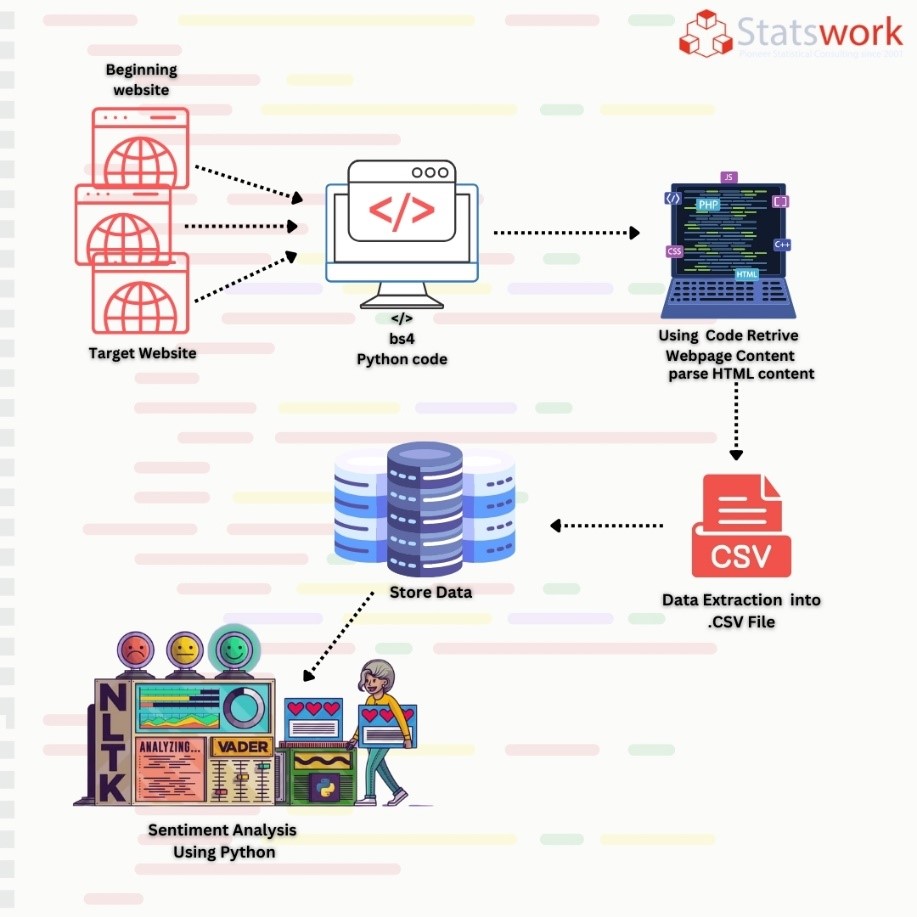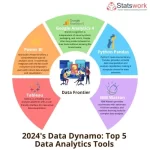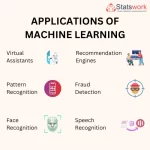Data-Driven Governance: Revolutionizing State Youth Policies through Web Scraping
The future of a country is greatly influenced by its youth policies, and in the digital age of today, web scraping becomes an indispensable instrument for state-wise political leaders to develop winning plans. With the use of this technology, enormous volumes of data from internet sources may be gathered and analyzed, providing insightful information about the varied needs, difficulties, and goals of young people across the country (Munzert et al., 2014). Leaders can establish focused policies that address certain state-level issues and promote inclusive growth and development using web scraping techniques.

Extracting Data: Methods and Tools in Web Scraping
Web scraping refers to several methods used to extract data from websites and online platforms. This can range from simple HTML parsing to more advanced automated scripts, as explained by Mitchell in 2013. Leaders can leverage scraping libraries and tools like BeautifulSoup, Scrapy, or Selenium to navigate websites, gather structured data, and store it for analysis (Mitchell, ibid). APIs (Application Programming Interfaces) also simplify data extraction by providing access to specific information from online sources in a more organized manner.
By utilizing these methods, it is possible to aggregate diverse data sets, which is crucial for gaining a better understanding of youth-related issues at the state level. It is worth noting that these tools are available for most browsers, such as Chrome, Firefox, Safari, and Explorer (Broucke & Baesens, 2018).
| Aspect | Description |
| Web Scraping | Methods to extract data from websites vary from HTML parsing to automated scripts (Mitchell, 2013). |
| Tools and Libraries for Web Scraping | BeautifulSoup, Scrapy, Selenium—used by leaders to navigate websites, gather structured data, and store for analysis (Mitchell, ibid). |
| Role of APIs in Data Extraction | APIs (Application Programming Interfaces) streamline data extraction, providing organized access to specific online information. |
| Data Aggregation Benefits | Utilizing these methods enables aggregating diverse data sets, crucial for understanding state-level youth-related issues. |
| Browser Compatibility of Tools | Tools like BeautifulSoup, Scrapy, Selenium are available for various browsers—Chrome, Firefox, Safari, and Explorer (Broucke & Baesens, 2018). |
Precision in Data Selection: The Role of XPath
XPath is a way to precisely locate where information is on an HTML code of a web page. It is worth mentioning that Munzert et al. (2014) state that XPath “is simply a very helpful tool for selecting information from marked-up documents such as HTML, XML.”

Using Data for State-Specific Employment Initiatives
Consider a scenario where a political leader aims to design a state-specific youth employment program. Through web scraping, data from google, this includes information on job vacancies, skill demands, educational qualifications, and regional employment trends.
Alternatively, an API is a set of functions that are provided by the creator of a web page so that a programmer can use those functions to extract information from that specific web page. Furthermore, the API allows the program where it is running to communicate with the web page correctly. As Broucke and Baesens (2018) suggest, “Twitter, Facebook, LinkedIn, and Google, for instance, all provide such APIs in order to search and post tweets, get a list of your friends and their likes, see who you’re connected “.
Analyzing this data reveals the sectors with high demand, the skill gaps, and the employment patterns within the state. Armed with these insights, the leader can develop tailored initiatives that align with the state’s economic needs and youth aspirations, effectively addressing unemployment challenges (Investopedia, 2020).
Therefore, utilizing web scraping techniques, leaders at the state level can gain access to a vast array of information spread across the internet. This gives them the ability to create youth policies that are targeted and effective. By keeping ethical considerations in mind, web scraping can be used to promote data-driven policymaking that contributes to the growth and well-being of young people. Ultimately, this contributes to the overall development of both the state and the nation.
Statswork can help you tap into the full potential of your data. Our state-of-the-art data extraction services are designed to employ advanced techniques for seamless and precise retrieval from a variety of sources. Let us empower your insights through expert data extraction, paving the way for informed decisions.
References:
- Marty Alchin. and J. Burton Browning (2019). Pro Python 3: Features and Tools for Professional Development.
- Seppe vanden B. and Bart B. (2018). Practical Web Scraping for Data Science: Best Practices and Examples with Python.
- Munzert, S., Rubba, C., Meissner, P. and Nyhuis (2014). Automated Data Collection with R: A Practical Guide to Web Scraping and Tex. John Wiley & Sons.
- Mitchell, R. (2013). Instant web scraping with Java. Packt. Publishing, Limited.
- Gold, Z. and Latonero, M. (2018). Robots Welcome? Ethical and Legal Considerations For Web Crawling And Scraping. Washington Journal of Law, Technology & Arts, 13(3), pp.277–281.
- Liu, P. and Davis, M. (2015). Web Scraping-Limits on Free Samples. Landslide, 8(2 (November/December 2015), pp.1–5.
- etf.com. (2020). ETF.com: Find the Right ETF — Tools, Ratings, News. [online] Available at: http://www.etf.com. (etf.com, 2020)

 Previous Post
Previous Post Next Post
Next Post